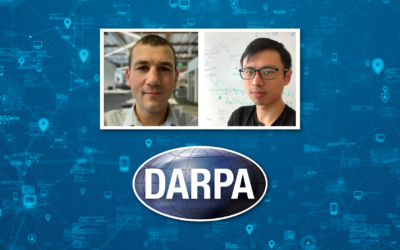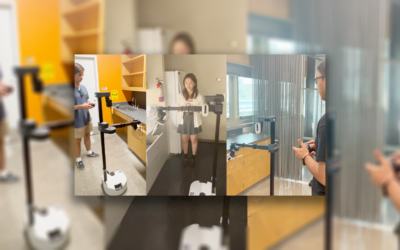A team of Cornell computer scientists has been awarded a $3 million grant from the Defense Advanced Research Projects Agency to leverage reinforcement learning to make computer networks stronger, dynamic and more secure.
Cornell AI News
News Category
Filter by Topic
AI analyzes bird sightings to help conserve species
Researchers from the Cornell Lab of Ornithology and the Institute for Computational Sustainability are using big data and AI to model hidden patterns in nature – not just for one bird species, but for entire ecological communities across continents.
Gamers help highlight disparities in algorithm data
Diversity of thought regarding gamers’ opinions of games makes for better algorithms that help audiences around the globe pick the right games, according to new research from Cornell, Xbox and Microsoft Research.
When needs compete, love trumps thirst
Researchers tracked the brain’s dopamine reward system and found – for the first time – this system flexibly retunes toward the most important goal when faced with multiple competing needs.
Cisco Research, Cornell Bowers CIS announce partnership
Cisco Research is providing funding for six research projects that will further the college’s leadership in AI and point the way toward innovative solutions to challenges surrounding the use and development of AI models
First JFI-Brooks Fellowships fund studies of government anti-poverty programs and AI policy
The first JFI-Brooks Fellowships scholars will research regulatory frameworks for artificial intelligence and the long-term impact of welfare reform-era policy changes on recipients and their children.
When robots imitate life: Project explores better way to train AI
Using a new strategy called superhuman imitation learning, Sanjiban Choudhury, assistant professor of computer science, aims to train home robots more efficiently.








